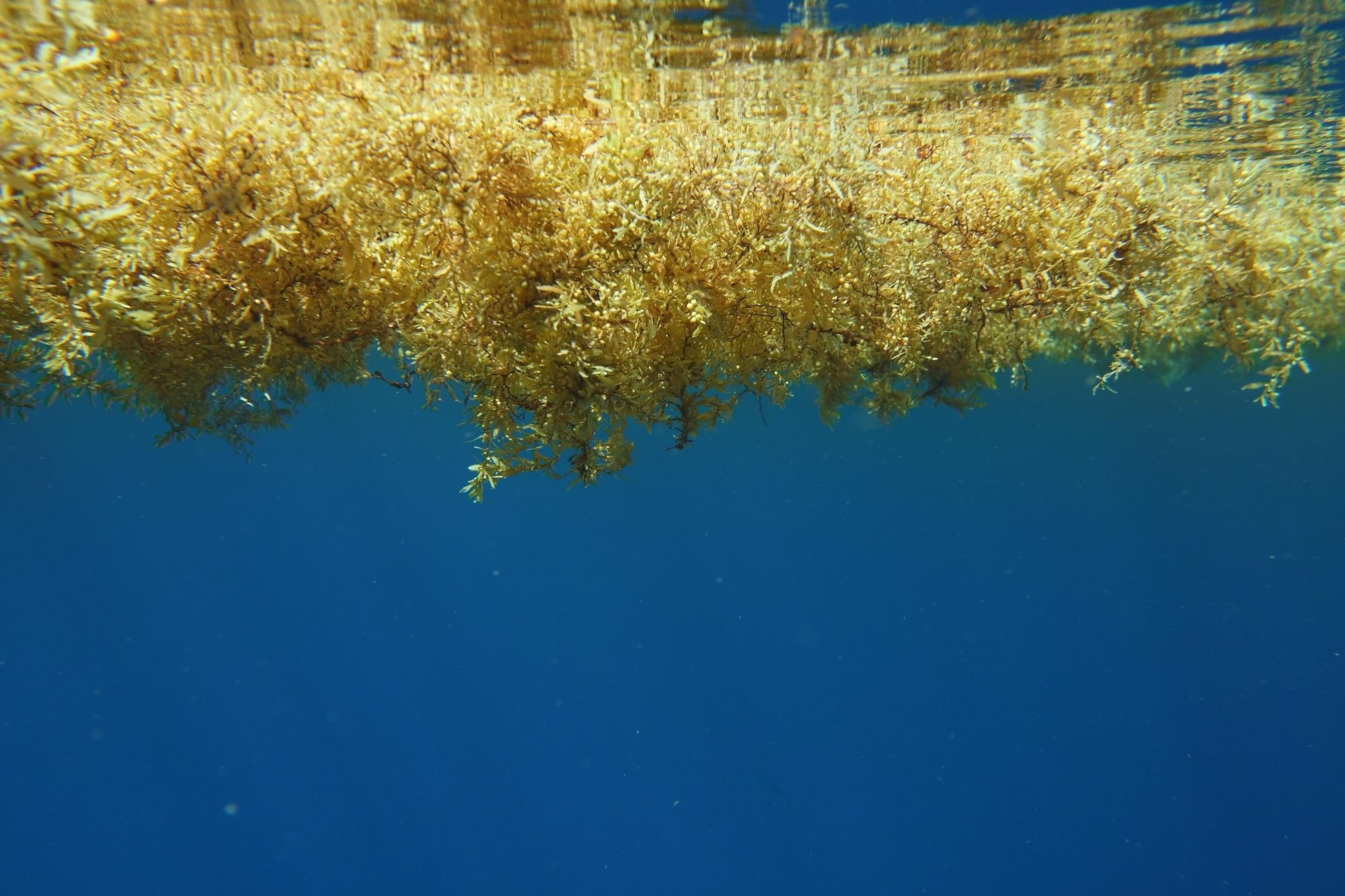Today SPRIN-D announced their selection of C-Cause Consortium, a project partnership led by The Alfred Wegener Institute, Carbonwave, GEOMAR and Seafields, as one of five projects chosen for their ‘Carbon-to-Value' challenge. SPRIN-D is the acronym for the Federal Agency for Disruptive Innovation, a limited liability company set up by the German federal government to financially support break-through ideas. The team is supported by BASF to help provide bio-based carbon feedstocks for use in chemical production processes.

Image Credit: Seafields Solutions
This challenge calls for a scalable process to transform CO2 from the atmosphere into products that sequester carbon for decades. To be chosen, the end-products must be economically viable and carbon negative.
C-Cause (Chemical Carbon Utilization through Sargassum Economy) looks to reshape humanity’s carbon feedstock supply chain, by transforming Sargassum (which offers very high carbon sequestration efficiency compared to other types of biomass) into ethanol, that can then be used by the chemical industry to produce long-lived engineering plastics that store the carbon for decades. Currently, biological feedstocks for ethanol include corn, sugar cane, and wood – all of which compete with food systems and other industries, while also contributing to deforestation and require fertilizer use.
The goals of the project are: firstly, developing a proof of concept for open ocean Sargassum aquafarms and, secondly optimizing pathways to turn Sargassum biomass into ethanol for engineered plastics that will store CO2 long-term.
Dr Mar Fernández-Méndez, Chief Scientific Officer of Seafields says “We are delighted for the opportunity to further our research into innovative solutions to increase carbon sequestration, a critical component of a dual approach, along with reducing emissions, to lower historic CO2 levels in the atmosphere. Sargassum has both a high carbon sequestration efficiency and fast growth rate, and as a floating macroalgae doesn’t need moored lines to grow like Kelp does, making it ideal for commercially scalable aquafarming geared at CO2 sequestration.”
Jason Cole, SVP of Innovation for Carbonwave, adds “By developing potentially large-scale applications, we enable Sargassum to become the cornerstone of blue carbon initiatives. Working with BASF to create high-level engineering plastics from ethanol produced from Sargassum, we can create truly-sustainable industrial infrastructure - including the pipes and farming structures we need for ocean farms – within a resilient, regenerative system.”
C-Cause is a joint project under the governance of the Alfred Wegener Institute’s Helmholtz Centre for Polar and Marine Research. Seafields SL and Carbonwave will be managing key technical and operational phases of the pilot. GEOMAR Helmholtz Centre for Ocean Research, Kiel, will provide specific expertise on artificial upwelling for the open ocean aquafarms. C-Cause's winning proposal benefitted from regular contact with researchers from BASF on the possible integration of products derived from Sargassum into future chemical industry value chains.